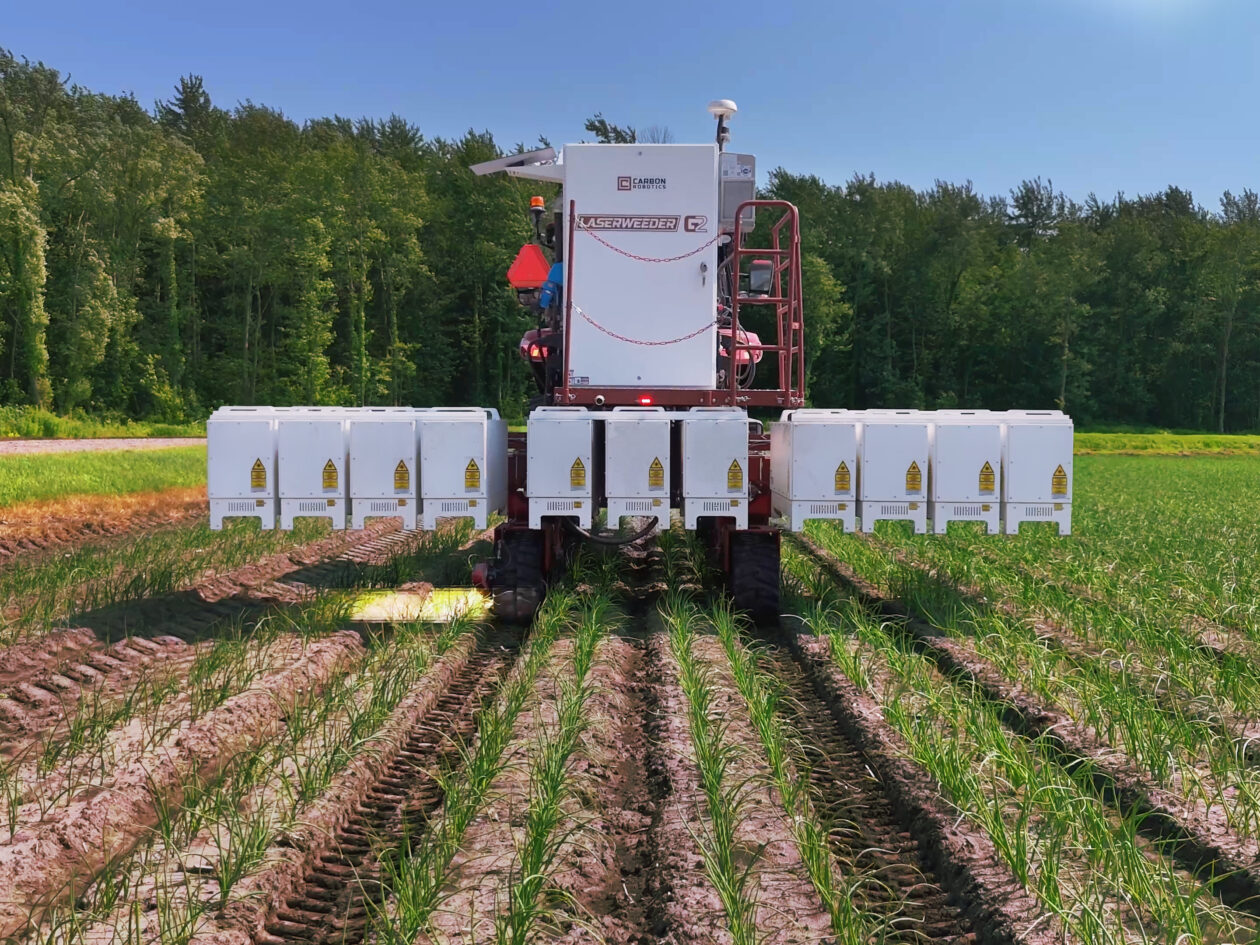
The Washington state “water year” October 1, 2014, to September 30, 2015, was one of the driest on record, due to lower-than-normal precipitation and higher-than-normal temperatures. Because precipitation in the Cascade Mountains fell mostly as rain and not snow, and because the snow that did fall melted early, snow-water available for irrigation in the Yakima and Kittitas valleys was only 25 percent of normal.
In October 2015, the Washington State Department of Ecology (DOE), the state’s lead on drought monitoring and mitigation, asked the Washington State Department of Agriculture (WSDA) to analyze the economic impacts of the 2015 drought on Washington agriculture. The task of quantifying the effects of the drought on agriculture fell to the WSDA’s Natural Resources Assessment Section (NRAS). An interim report describing the qualitative effects was submitted to the DOE on December 31, 2015, and a final report quantifying effects of the drought was published at the DOE on December 31, 2016.
In early October 2016, the WSDA-NRAS asked the Washington State Academy of Sciences (WSAS) to review the science supporting the methodologies and interpretation of the results of its study. The WSAS Committee that reviewed the WSDA interim report commends the WSDA-NRAS for its impressive effort to provide a reasonably thorough, timely, and quantitatively-based report on the economic impact of the 2015 drought on Washington agriculture. Our evaluation can be accessed here.
Related Posts
January 23, 2026
A new initiative from the Washington State Academy of Sciences called Growing with AI will bring together the state’s tech giants and diverse farming community to tackle pressing challenges in the agriculture industry.
October 28, 2025
WAJAS is a WSAS program recognizing exceptional high school students from across the state for outstanding original scientific research and offering opportunities to connect with the research community in Washington and beyond. Fellows were publicly honored alongside Washington's top researchers at the WSAS 20th Anniversary Celebration on October 7.
October 14, 2025
Amid political polarization and uncertain federal research policy, Washington leaders are betting on stability through a unique innovation ecosystem rooted in the state’s institutions and businesses. That was a theme at the 20th anniversary celebration of the Washington State Academy of Sciences, held Tuesday evening at Seattle’s Museum of Flight.


